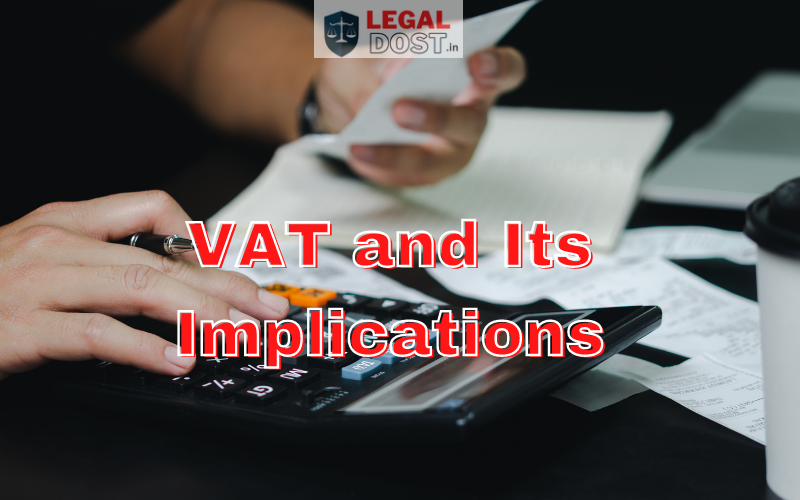As a business owner in India, you are likely familiar with the various taxes you must pay to operate legally. VAT is one of the most prevalent taxes that businesses are required to pay.
VAT is an indirect tax imposed at each stage of production and distribution on the value added to goods and services. In other words, the sale of goods and services, as well as the import and export of goods, are subject to VAT.
The purpose of value-added tax is to ensure that businesses contribute to the growth and development of the nation by paying their fair share of taxes. It also helps to create a level playing field for businesses by ensuring that all businesses, regardless of size or location, pay the same tax rate.
The introduction of value-added tax in India in 2005 had a significant impact on the country’s businesses. In this article, we will examine the Indian VAT and its implications for businesses.
How Does India’s VAT Work?
In India, the state governments administer VAT, meaning that each state has its own VAT laws and regulations. Nonetheless, the Central VAT Act of 1994 provides a general framework for VAT.
The Indian VAT system requires businesses to register for VAT if their annual revenue exceeds a certain threshold. The threshold varies by state, but is typically around INR 5 lakhs (approximately $7,000).
Once a business is registered for VAT, it must charge customers VAT on the sale of goods and services. Variable based on the type of sold goods or services, the VAT rate is typically between 0% and 28%.
Additionally, businesses must pay VAT on the goods and services they acquire from other businesses. However, they can claim an input VAT credit for the VAT they’ve paid on purchases.
Output VAT refers to the difference between the VAT a business has collected from its customers and the VAT it has paid on its purchases. The government is then paid output VAT.
Returns on VAT and Compliance
The requirement to file VAT returns is a crucial component of VAT compliance in India. Depending on the state in which they operate, businesses are required to file VAT returns on a regular basis, which typically ranges from monthly to quarterly.
To file VAT returns, businesses must maintain comprehensive records of their sales, purchases, and VAT payments. Invoices, receipts, and other documentation are included.
Businesses can incur penalties and fines for failing to file their VAT returns on time or accurately. Therefore, it is essential for businesses to ensure that they comply with the state’s VAT laws and regulations.
VAT and Transactions Across State Lines
One of the difficulties faced by businesses in India is the issue of interstate transactions. As VAT is a state-level tax, the VAT rate and regulations can vary from state to state.
This can be problematic for businesses with operations or customers in multiple states. If a business in Tamil Nadu sells goods to a customer in Gujarat, for instance, it must charge VAT at the rate applicable in Gujarat, which may be different from the rate in Tamil Nadu.
To address this issue, the Indian government has implemented the concept of inter-state VAT, which allows businesses to claim a credit for the VAT paid on interstate transactions. This ensures that businesses operating in multiple states are not unfairly penalized.
Bibhu Mishra is a prolific writer who has published many books spanning various genres. He is a legal enthusiast and an avid researcher of cutting-edge technology, diving into fascinating realms to bring captivating narratives to life.



